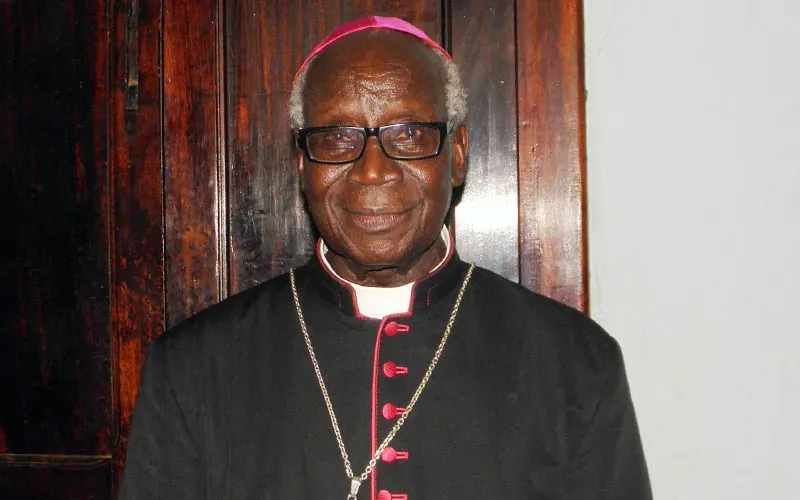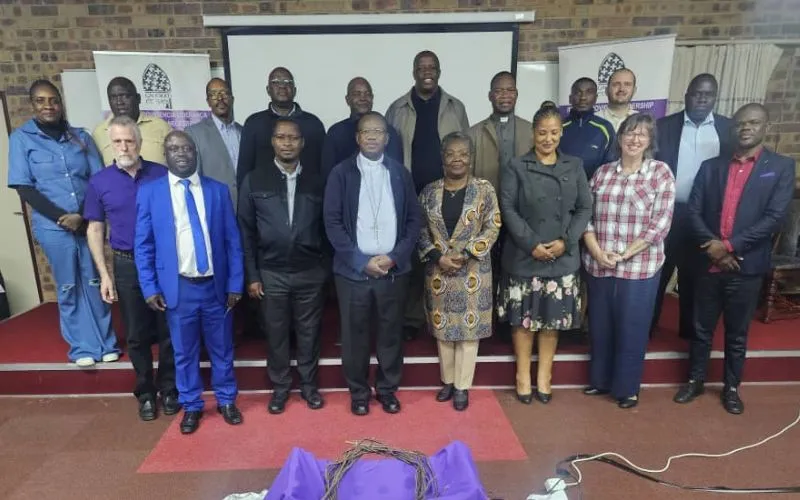The hard-won independence celebration was, however, short-lived. Since December 2013 when political infighting between President Salva Kiir and his then only Vice President Dr. Riek Machar erupted into violence in South Sudan’s capital, Juba, people of God in the East-Central African nation have been subjected to a myriad of challenges.
The violent conflict between the two government factions spread to other parts of the country, especially to Bentiu and Bor, resulting in the displacement of hundreds of thousands of people “in just the first month of conflict”, Mercy Corps, a global humanitarian aid entity operating in transitional contexts reported.
According to the non-governmental entity that operates in transitional contexts undergoing various forms of instabilities, South Sudan where at least 3.7 million people have fled their ancestral homes has the third largest refugee crisis, after Syria and Afghanistan.
Some peace agreements have been signed over the years of civil war, the most significant having been the September 2018 Revitalized Agreement on the Resolution of Conflict in South Sudan (R-ARCSS).
The peace agreements have been repeatedly violated, the situation in the world’s youngest nation remaining highly unstable amid reported outbreaks of violence now and again, some triggered by inter-community conflicts.
In his message during the September 19 Eucharistic celebration, Bishop Tombe called for honesty on the part of security officers saying, “Our soldiers and police and armed groups, all of them, let us be truthful and not liars; we want peace, we talk peace, and we do war, insecurity.”
The South Sudanese Bishop who has been at the helm of Yei Diocese since November 1986 noted that no one will believe the people of South Sudan because they are talking of peace while carrying out war.
Also speaking during the September 19 Eucharistic celebration at Christ the King Cathedral, the Secretary-General of Yei Diocese, Fr. Emmanuel Lodongo Sebit, called upon leaders to prioritize the interests of citizens over and above their own.
Making reference to the recent Pastoral Message of the Catholic Bishops in South Sudan, Fr. Sebit said, “We have to be servants in our leadership, servants in our families as father and mother, servants in our communities as elders and chiefs.”
“The Catholic Bishops of South Sudan call on us, a call to servant leadership, a style of leaders to serve the people, not to serve my own interest or the interest of my small clique, but the interest of the common good of all,” the member of the Clergy of South Sudan’s Yei Diocese said.








